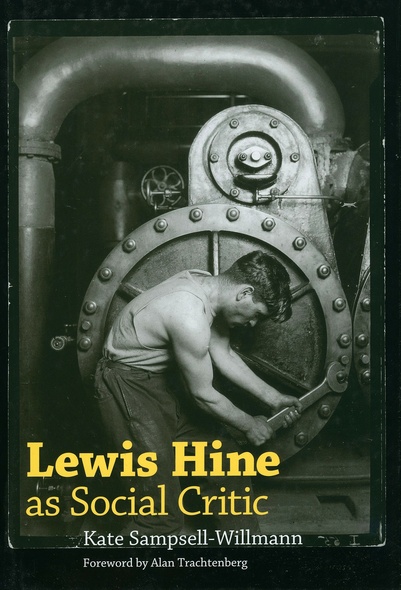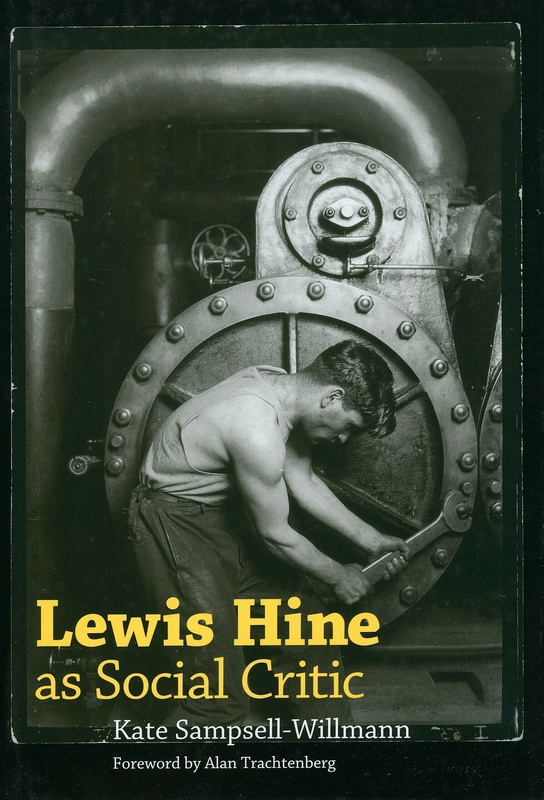Lewis Hine as Social Critic
This is the first full-length examination of Lewis H. Hine (1874-1940), the intellectual and aesthetic father of social documentary photography. Kate Sampsell-Willmann assesses Hine's output through the lens of his photographs, his political and philosophical ideologies, and his social and aesthetic commitments to the dignity of labor and workers.
Using Hine's images, published articles, and private correspondence, Lewis Hine as Social Critic places the artist within the context of the Progressive Era and its associated movements and periodicals, such as the Works Progress Administration, Tennessee Valley Authority, the Chicago School of Social Work, and Rex Tugwell's American Economic Life and the Means of Its Improvement. This intellectual history, heavily illustrated with HIne's photography, compares his career and concerns with other prominent photographers of the day--Jacob Riis, Alfred Stieglitz, Paul Strand, Walker Evans, Dorothea Lange, and Margaret Bourke-White.
Through detailed analysis of how Hine's images and texts intersected with concepts of urban history and social democracy, this volume reestablishes the artist's intellectual preeminence in the development of American photography as socially conscious art.






